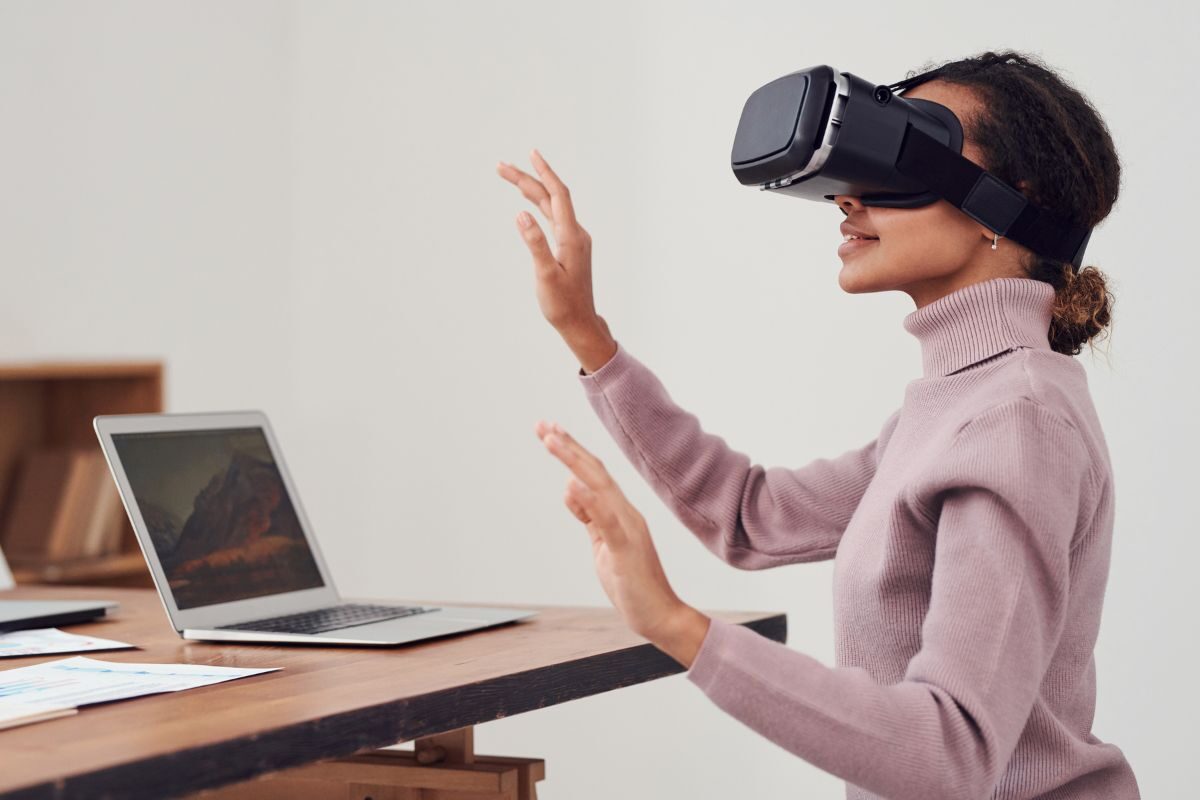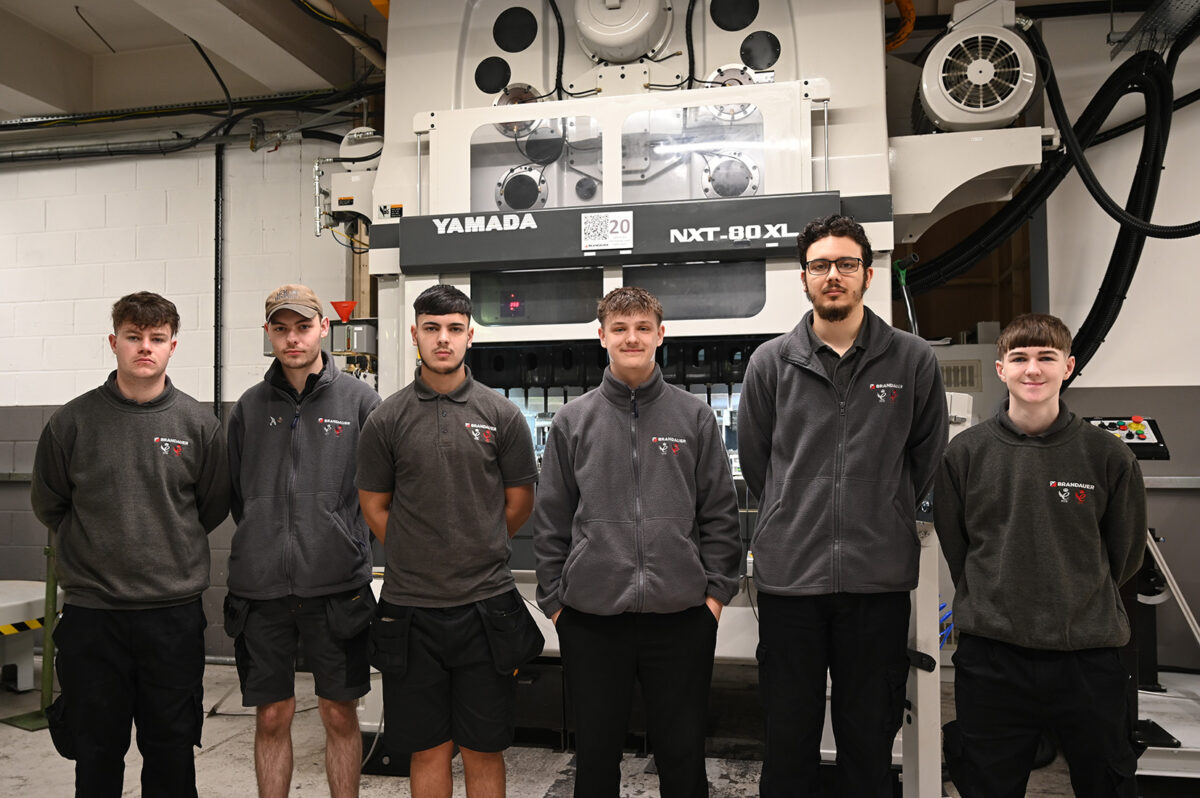Ramadan: How VR can be used to address difficult conversations in the workplace about culture and religion

The Muslim festival, Ramadan, is set to commence this week, meaning Muslims around the world are preparing to fast – refraining from eating or drinking water – for up to 16 hours a day. In light of this, colleagues and bosses may be looking for ways to support their Muslim staff, be it through deepening their understanding of their holiday to promoting open conversations.
A recent survey conducted by London-based MEND – Muslim Engagement & Development – found that flexible shift patterns were ranked as a top priority in ensuring their religious needs are met during Ramadan. Speaking to the wider issue of challenging conversations surrounding faith and cultural differences at work, Rethinkly – the leading virtual world platform tackling workplace communication difficulties – discusses the importance of creating a neutral, safe space to acknowledge potentially uncomfortable conversations.
During Ramadan – or any other religious festival – staff can anonymously enter Rethinkly’s virtual world, alongside their colleagues, and express themselves using neutral avatars in an environment that removes barriers that exist in the real-world so that communication is more effective. This of particular importance for those from ethnic minority backgrounds who find it challenging to address cultural and religious differences in the workplace with peers and employers and can do so without fear of being judged or discriminated against.
Research from the Chartered Management Institute evidences that barriers to increasing inclusivity relative to race, religion, gender and sexual orientation are pertinent among UK businesses with 71% of employees from a black background reported feeling overlooked for opportunities owing to their identity; 66% from Asian backgrounds and 65% of those who identified as LGBTQ+ also had the same experience. As a result of this, basic communication of needs becomes drastically hindered for these groups.
How does Rethinkly work?
By design, the software removes all real-world references creating a neutral, virtual space that is solely designed to inspire autonomy of expression. In this context, users are able to create avatars that can express emotion and gestures, enabling detachment for reflection and transparent communication. By utilising a virtual world – the platform reframes problem-solving and communication in the workplace and beyond, in scenarios where people may feel uncomfortable expressing their feelings or opinions out loud. As such, the power of imagery and visualisation prevails where words fail, with Rethinkly combining the most effective principles of storytelling, psychodrama and coaching to address the issue at hand.
Understanding the power of images, the NHS has been relying on the software for years as a tool to help patients express themselves when they otherwise couldn’t, alongside corporate firms such as IBM which have integrated the software into employee development and coaching initiatives. Crucially, the software can either be used under expert direction – which may be appropriate for particularly complex issues including the mental health sector. Users can be taught how to use the software within minutes, making it a scalable solution, especially for teams within businesses. Research on the use of virtual realities in these settings is constantly evolving, and Rethinkly uses a combination of insight from practitioners, academia and case studies leading to one of the most sophisticated tools for addressing communication issues worldwide.
Andrew Jackson, co-founder of Rethinkly, comments on the importance of prioritising wellbeing in the workplace:
“An unhealthy culture tends to be one where even the fact that something is undiscussable cannot be discussed – the huge elephant in the room. This normally results in avoidance of risk, poor decision making and low levels of creativity all resulting in poor performance. We don’t like working in unhealthy cultures as we know it has a negative impact on our wellbeing and yet we can feel trapped. The only way out is to create ‘psychological safety’, especially at the top. Psychological safety is achieved by increasing levels of self-awareness through some kind of reflective practice – looking in the mirror and listening to feedback.
“A 2023 survey found that 81% of organisations want to build a more people-centric culture. Easy to say, but where do you start? How about asking people how they feel, how they think about their role, what brings them alive and what they would like to change?
“The metaverse is a space and place you can visit. This ability to drop into a Rethinkly world and start to visualise and process what is happening to you unlocks possibilities that you couldn’t get just by “thinking” or “listening”. The brain works predominantly visually, so by giving people a visual tool that is 3D and has space and context, the process is more powerful. Our work in mental health settings and with young people showed that tech can be used for good. Helping people build the skills in the digital world we need to thrive and prosper in the real world.”











Responses